The future depends on people who are willing to risk comfort for real change.
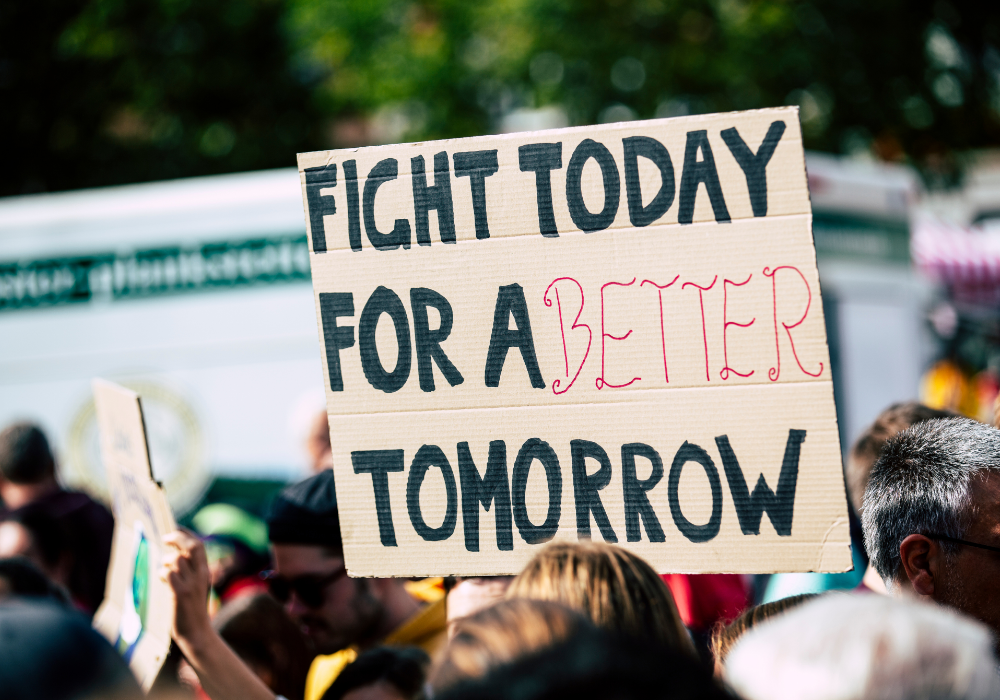
Eco-resistance isn’t about sipping from a reusable straw or feeling superior about your compost bin. It’s about standing up to a system that profits from destruction. The corporations wrecking ecosystems aren’t slowing down because you remembered your tote bag. Real change takes guts—it means disrupting the comfortable routines that allow industries to keep cashing in while the planet burns.
This isn’t the feel-good version of environmentalism. It’s not about being perfect—it’s about being brave enough to make noise, push back, and take risks. The people willing to fight dirty industries, call out greenwashing, and demand actual accountability are the ones making a real difference. If you’re tired of being told “every little bit helps” while oil companies rake in billions, these bold acts of eco resistance are for you.
1. Blockading destructive projects forces industries to feel the consequences they usually ignore.

Sometimes the only way to stop environmental destruction is to physically interrupt it. Blockades have delayed pipelines, mining projects, and deforestation operations worldwide. When corporations face protesters standing in the way of their machinery, they’re forced to confront public pressure head-on instead of quietly gutting ecosystems out of sight.
According to David J. Hess for Energy Research & Social Science, grown opposition coalitions—including blockades—have successfully halted or delayed proposed pipeline projects in multiple countries. Blockades carry real risk—arrests, legal charges, and sometimes violence from law enforcement or hired security. But these acts disrupt business-as-usual in ways polite petitions never can. They buy time, attract media attention, and force conversations that executives would rather avoid. It’s not comfortable. It’s not safe. But when profits depend on silence, visible defiance puts a price on destruction that can’t be easily ignored.
2. Exposing greenwashing shreds the PR lies that keep corporations safe.
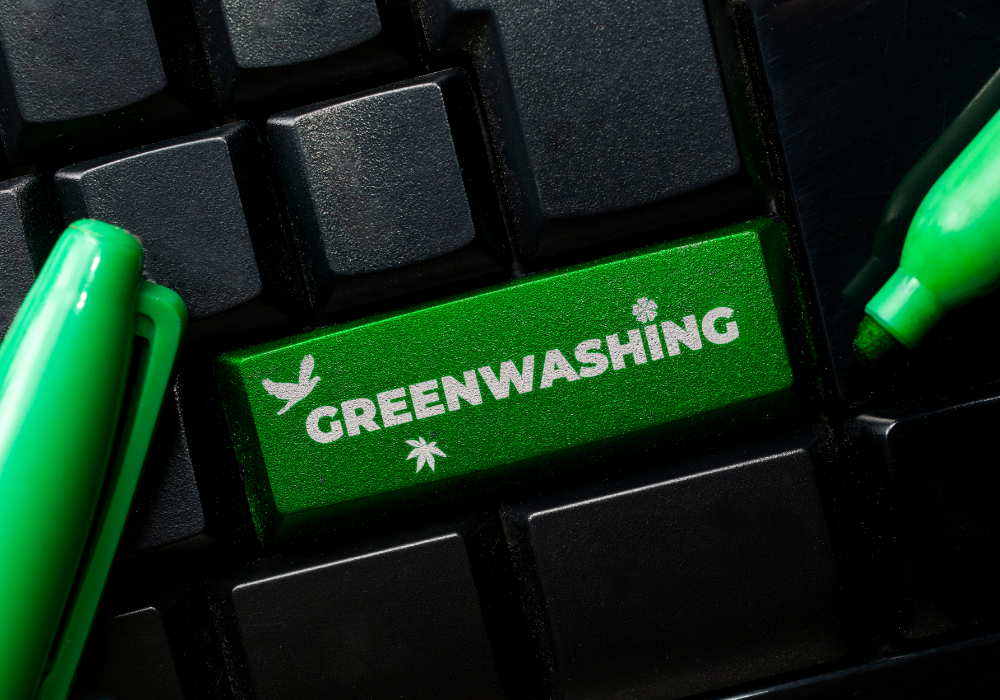
Corporations have mastered the art of appearing “sustainable” while continuing business as usual. Greenwashing allows fossil fuel giants, fast fashion brands, and big agriculture to slap eco-friendly labels on practices that are anything but. Per writers for RepRisk, approximately 54 percent of climate-related greenwashing incidents in 2022–2023 involved misleading claims about greenhouse gas emissions, making it clear just how widespread this deception is.
Exposing greenwashing means digging into supply chains, following the money, and educating others on what real sustainability looks like. It’s not glamorous—it’s research, persistence, and a willingness to publicly challenge billion-dollar brands that count on consumer ignorance.
Social media gives ordinary people massive power to expose hypocrisy when companies overstep. The more we expose greenwashing, the harder it becomes for corporations to hide behind feel-good slogans while fueling climate collapse. This isn’t activism-lite—it’s targeted, informed resistance that attacks the deception at its core.
3. Disrupting financial systems hits polluters where it actually hurts: their wallets.

Fossil fuel companies survive because banks, insurers, and investors keep funding them. As long as the money flows, the drilling continues. Targeting these financial lifelines through divestment campaigns, shareholder revolts, and public pressure strikes at the root of industrial destruction.
As highlighted by Oliver Milman for the Guardian, the 65 largest banks worldwide poured a staggering $869 billion into fossil fuels last year—up 22 percent from 2022—showing how deeply entrenched and financially supported these industries remain. When universities, pension funds, or major institutions pull investments from polluting industries, it creates real financial risk. Insurance companies refusing to cover new pipelines shut projects down before they start. Organizing financial disruption doesn’t always involve chaining yourself to equipment—it’s spreadsheets, lobbying, and exposing where dirty money moves.
4. Sabotaging greenwashing events prevents companies from rewriting their own narrative.

Corporate-sponsored “climate summits” and industry conferences love to position polluters as part of the solution. Oil companies sponsor “sustainability panels.” Mega-polluters fund “eco innovation” awards. These carefully staged events allow industries to control the narrative and appear proactive while continuing business as usual behind closed doors.
Sabotaging these PR spectacles—through protests, disruptions, or public exposes—forces uncomfortable truths into the spotlight. Activists who crash these events or reveal their real sponsors shift media attention away from hollow speeches and onto the core hypocrisy. Preventing companies from rewriting history under the guise of “partnership” weakens their ability to co-opt the language of environmentalism for profit. They want polite applause. What they need is confrontation.
5. Whistleblowing pulls back the curtain on the dirty deals happening behind closed doors.
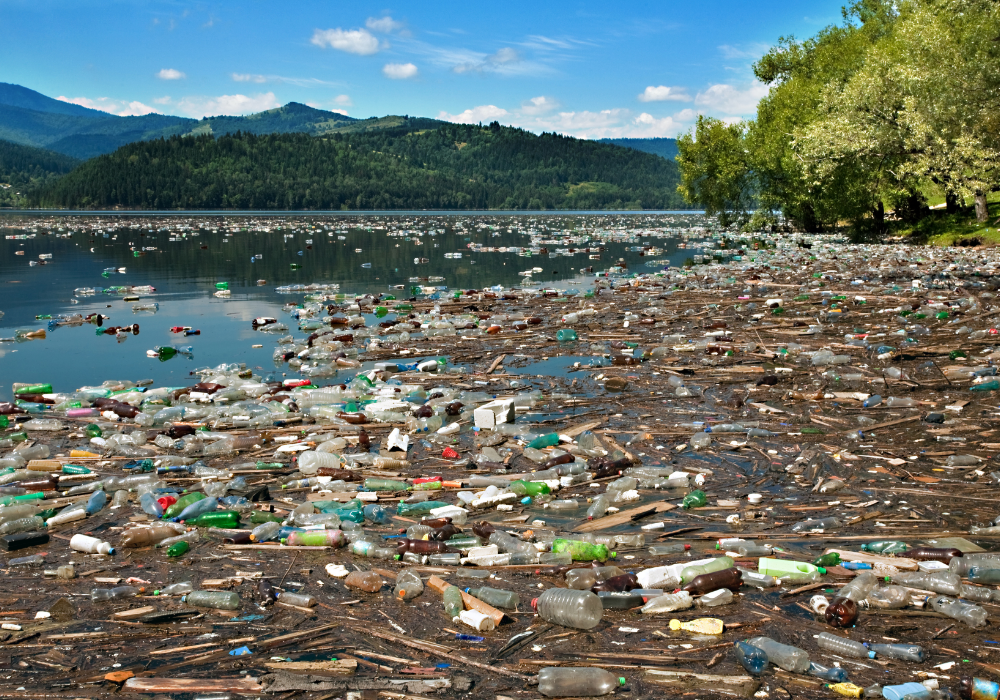
Most environmental destruction isn’t accidental—it’s approved, funded, and covered up through quiet government deals, bribery, or regulatory failures. Whistleblowers willing to leak documents, expose corruption, or speak out against employers play a crucial role in revealing how deeply rigged the system truly is.
Whistleblowers risk their careers, reputations, and even safety to reveal what’s really happening inside boardrooms and government offices. They give activists ammunition that no public campaign can replicate. Leaked memos, secret recordings, and internal reports have toppled projects and sparked investigations when nothing else could. This isn’t flashy activism—it’s terrifying, dangerous, and absolutely vital to exposing how industries evade accountability while pretending to “follow the rules.”
6. Resisting consumption culture strikes at the engine that drives environmental destruction.

Consumption is the heartbeat of environmental collapse. Cheap goods, endless shipping, disposable fashion, and constant upgrades fuel the industries chewing through natural resources at record speed. Resisting consumption culture isn’t about being frugal—it’s about refusing to play the game that keeps extraction profitable.
Choosing to own less, buy secondhand, repair instead of replace, and reject fast fashion isn’t weakness—it’s rebellion against an economic system that demands constant growth. Every dollar you withhold from destructive industries weakens their market power. Personal consumption shifts won’t solve the climate crisis alone, but collectively, they signal shrinking demand that forces companies to adapt or die. Opting out of hyper-consumption is quiet sabotage, starving the beast from the inside.
7. Occupying public land blocks industries from stealing what belongs to everyone.
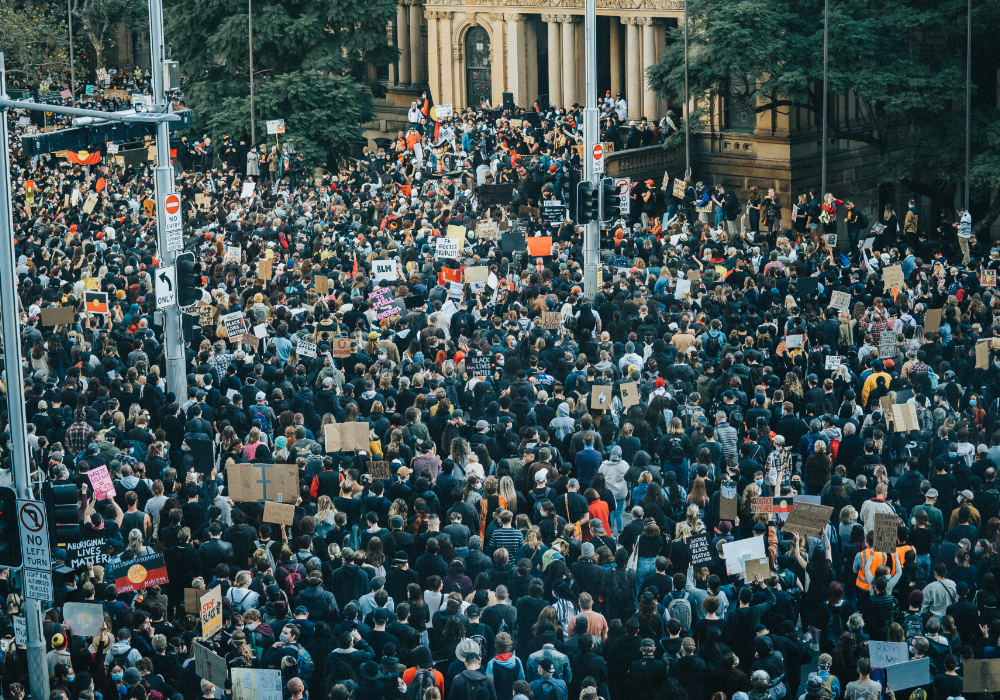
Public lands are constantly under threat—from oil drilling leases, mining claims, and timber sales that profit private companies while gutting shared ecosystems. Occupying these spaces through sit-ins, protest camps, or long-term encampments can halt development and draw massive public attention to otherwise quiet land grabs.
Occupations disrupt timelines, attract media scrutiny, and force legal battles that delay projects indefinitely. They also build communities of resistance rooted in solidarity and long-term commitment. When industries try to steal public land for private gain, physically occupying those spaces serves as a visible refusal to surrender the commons to profit. These acts aren’t symbolic—they’re real barriers that force corporations and governments to negotiate or retreat.
8. Sabotaging equipment hits extractive industries where production stops instantly.
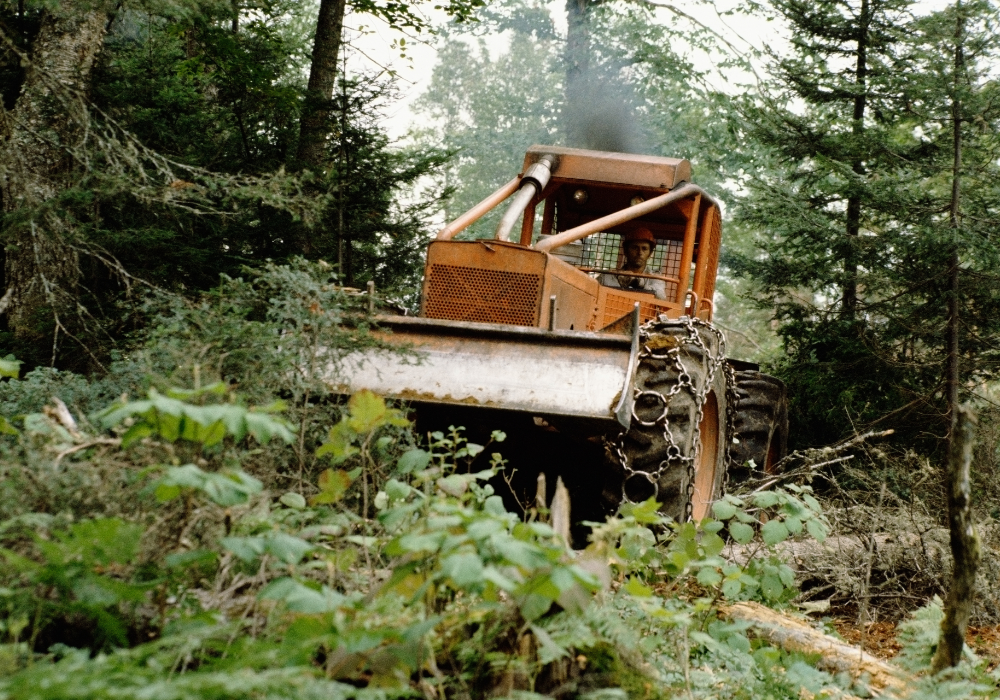
For some activists, resistance means taking direct physical action to disable the machinery doing the damage. Sabotaging pipelines, construction sites, or extraction equipment is risky, illegal, and dangerous—but it immediately halts operations and forces costly repairs that disrupt profits.
This form of eco-sabotage—sometimes called “monkeywrenching”—operates outside polite activism and directly attacks the infrastructure of destruction. It’s controversial, divisive, and not without serious consequences for those involved. But historically, equipment sabotage has delayed pipelines, logging operations, and mining sites when legal tactics failed. For some, it’s the last resort when every petition, lawsuit, and protest has been ignored. Destruction slows when the machines stop turning.
9. Exposing the corporate capture of government reveals who really makes the rules.

Polluting industries spend billions influencing lawmakers, writing regulations, and securing favorable policies that shield them from accountability. Exposing how lobbyists shape environmental laws pulls back the curtain on why meaningful climate action so often fails. It’s not ignorance—it’s corruption.
Investigating lobbying records, campaign donations, and regulatory loopholes uncovers the revolving door between government and industry. Publicizing these connections shifts the debate from feel-good climate pledges to the raw power dynamics blocking real change. Shaming politicians who sell out their constituents for corporate donors forces uncomfortable conversations no “green summit” will ever host. Following the money exposes how deeply the system protects the very industries causing collapse.
10. Radicalizing communities builds the collective power polite activism can’t achieve.

Real change requires numbers—and polite, isolated individual actions rarely move the needle. Radicalizing communities means organizing neighbors, workers, and everyday people into coalitions willing to disrupt business-as-usual together. When communities unite around shared resistance, they become harder to ignore and far more difficult to suppress.
Radical organizing involves education, mutual aid, protests, strikes, and sustained pressure campaigns. It’s messy, uncomfortable, and powerful. Individual boycotts may feel good, but collective action—whether blocking roads, shutting down fossil fuel operations, or pressuring lawmakers—delivers real leverage. Eco resistance becomes unstoppable when entire communities recognize that they’re not just protecting the environment—they’re defending their own futures.